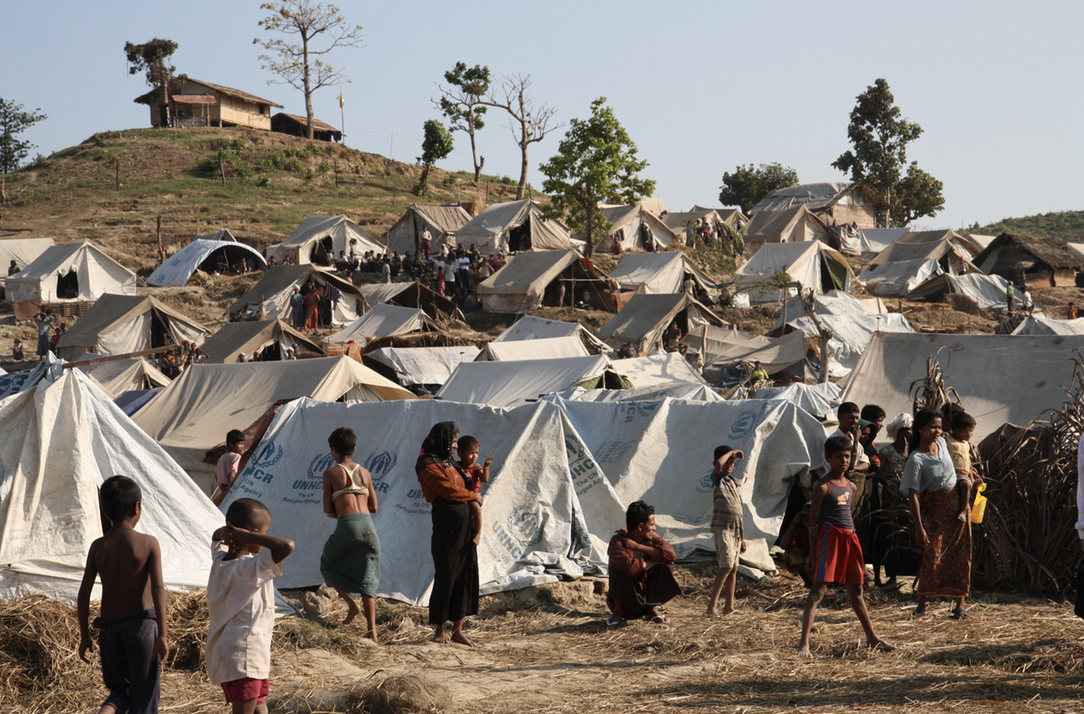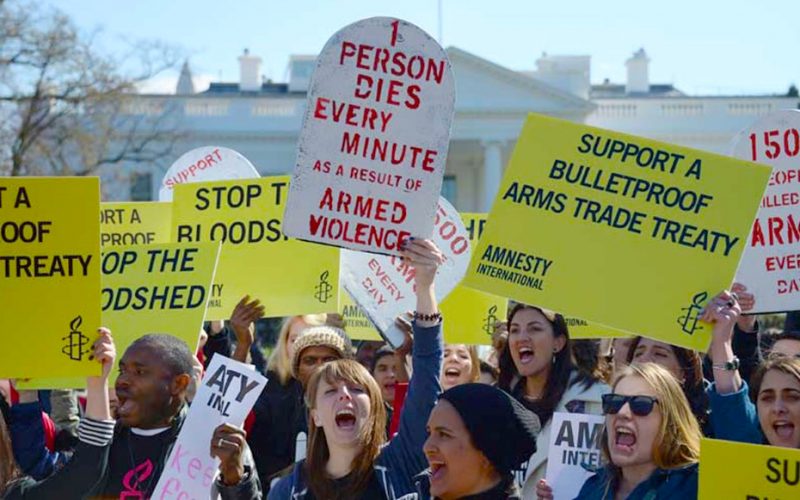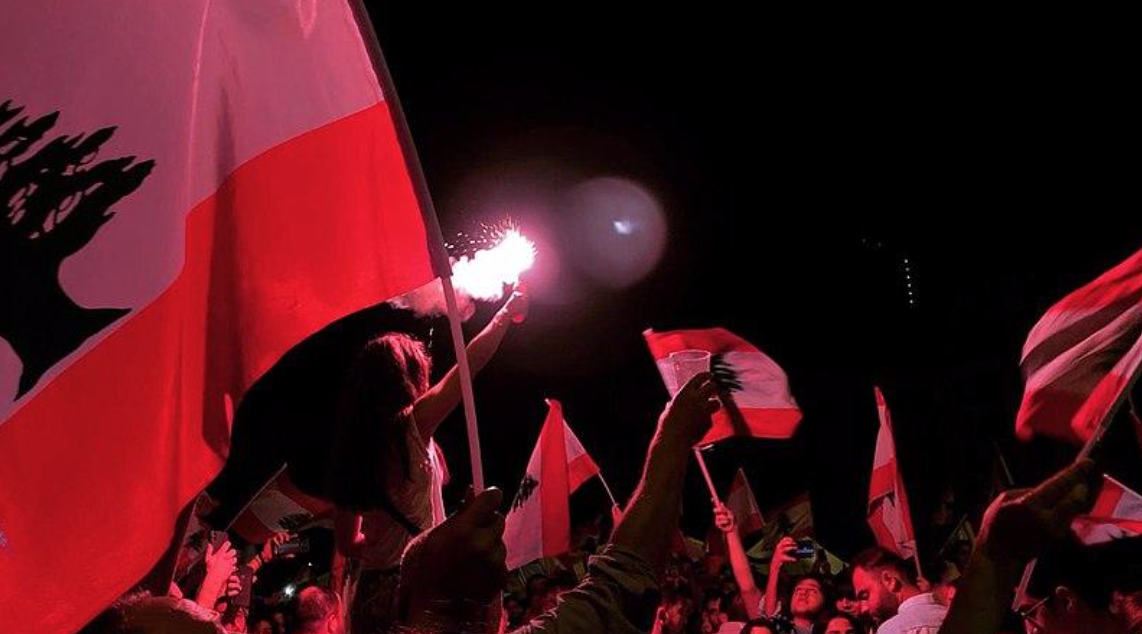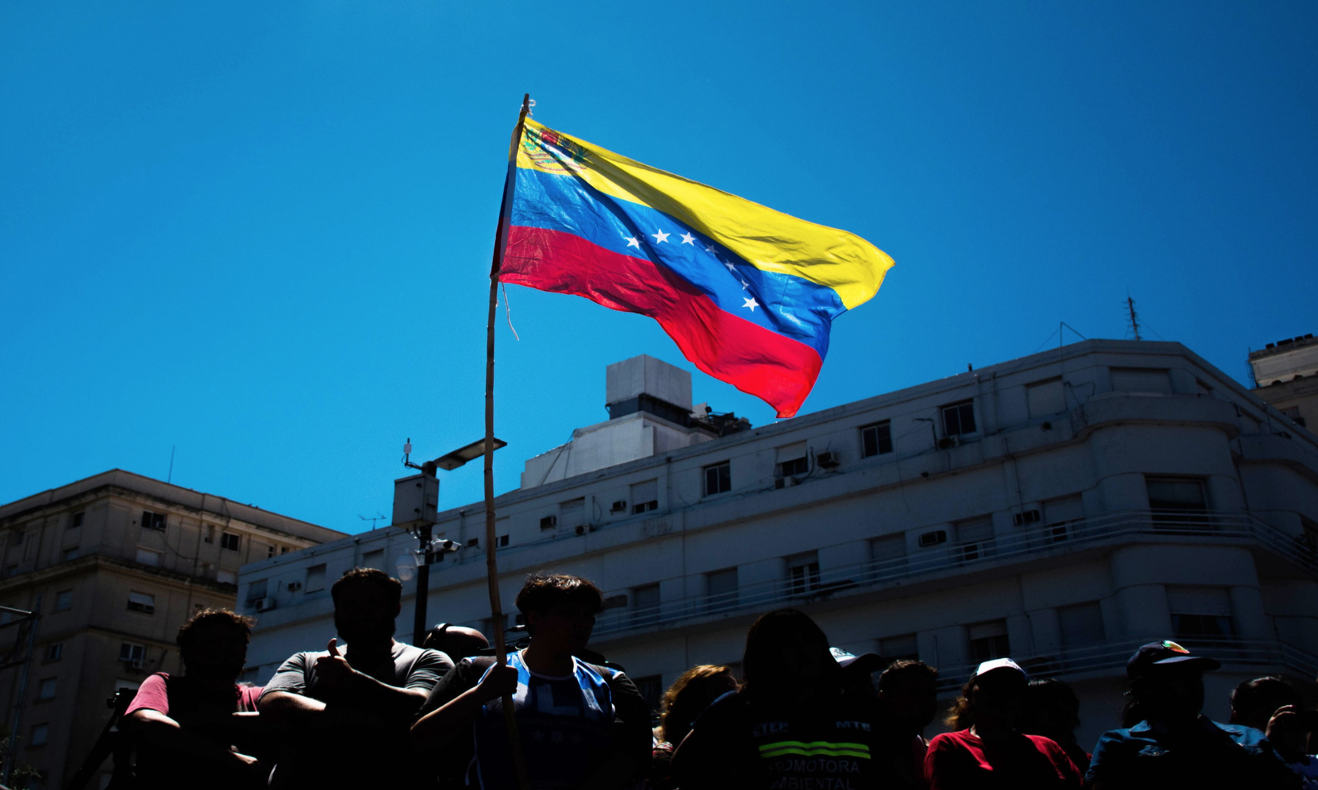In recent decades, Canadians have felt increasingly detached from the misery of war, and consequently, take their human security for granted. As they turn on the news and educate themselves […]

The United States’ presidential election is just around the corner. Some will be watching with excitement, others with fear. Either way, Trump will be the first president in American history to run for re-election despite being formally impeached by Congress. With the Trump administration’s four year term coming to an end, there has been no shortage of politically charged social media feuds or content for SNL.

Child marriages have been an unfortunate reality throughout the course of history. Until the 20th century, the average human’s life expectancy was approximately 50 years. Therefore, in an effort to expedite reproduction and the creation of families, girls were married off as soon as they hit puberty.
Amid the humanitarian crisis in Wuhan, the epicenter of the deadly outbreak, Chinese authorities are desperately resorting to extreme measures. In an effort to contain the spread of the disease, officials enforced an unprecedented quarantine of nearly 11 million citizens. Orders of house-to-house searches have been implemented and an emergency hospital was built in just ten days to tackle the outbreak. Despite the measures taken to contain the spread of this deadly disease, the number of infected cases has soared from 50 in China, to over 31,535 in more than 20 countries in the past three weeks. The death toll is even more alarming, amounting to 638.
Over the past decade, reports of rape in rural and urban areas of India have been consistently increasing. In 2012, the infamous “Nirbhaya case” – in which 23-year-old Jyoti Singh, while traveling in Delhi, was gang-raped, beaten, and killed – garnered global attention. Under public scrutiny, certain “amendments” were made by the government to laws relating to rape. Chief Justice S.A. Bobde made the promise of “effective and speedy investigation and trial.” In the following years, however, those changes proved to be inconsequential as more rape cases were being reported in 2017 than in 2012.

Last month, the Indian government under Prime Minister Narendra Modi passed the Citizenship Amendment Act (CAA), a new set of laws that would allow minority religious groups from neighbouring Afghanistan, Bangladesh and Pakistan to more easily gain Indian citizenship. While at first glance these policies seem welcoming to targeted minorities, they notably exclude Muslims, raising questions about their true motivations.
Across Nigeria, reports of mental health patients being mistreated in “treatment centres” – presumed medical centres dedicated to treating mental health patients – led human rights group Human Rights Watch (HRW) to visit and investigate these centres. They found that patients were being chained, denied meals and a sanitary environment, and in some cases even harmed physically as part of their treatment procedure.

On August 31st, 2017, the lifeless husks of 9 women and 10 Rohingya refugees washed ashore the sands of Cox’s Bazar, Bangladesh.1 Under dictatorial rule of the Myanmar army between 1962 and 2011, the Rohingya people of the Rakhine State have been handed a predicament of institutionalized oppression on the grounds of religious and ethnic discrimination. While these acts of terror are often justified by the supposed targeting of extremist subsets within the population, the scale and scope of these acts can only be regarded as a “textbook example of ethnic cleansing,” says United Nations High Commissioner for Human Rights, Zeid Ra’ad Al Hussein. 2



